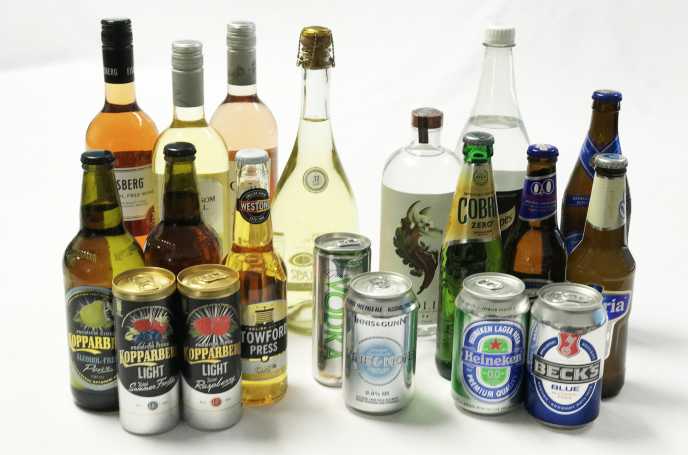
The healthcare experts behind digital pharmacy www.medino.com have carried out research into changing health trends and the publics’ perspective on health and wellness. The team conducted a survey with more than 2,200 UK adults over the age of 18 to uncover any generational differences.
When looking at generational thoughts and attitudes towards alcohol, it was revealed that Baby Boomers have the most lax attitude to alcohol, with more than half saying that they drink alcohol daily (58%). However, just 7% of Gen Z respondents stated that they too drink on a daily basis, with over a quarter saying they avoid alcohol completely (28%).
Gen Z respondents who choose not to drink alcohol were asked why, with the top responses as follows:
- I don’t like how alcohol can change a personality – 53%
- I grew up around people who drunk alcohol on a regular basis and don’t want that life – 46%
- I don’t like the feeling of being drunk/tipsy – 42%
- I don’t like the taste of it – 34%
- I’m allergic to alcohol or have an alcohol sensitivity/intolerance – 8%
Following on from this, the top reasons why Baby Boomers who drink daily do so were found to be:
- To take the edge off the working week – 42%
- It’s a habit – 33%
- I like to have a drink with my dinner – 31%
- It helps me to unwind – 30%
- I spend my evenings socialising with friends/family – 14%
The digital pharmacy has also looked into Google Trends data to see when the generational changes and attitudes came into play. Findings revealed that searches for “cheap alcohol” peaked in December 2006, when Gen Zers and most Millennials would have been too young to legally drink alcohol. Compared to December 2006, there were only a third of the number of searches for “cheap alcohol” in February 2022.
When it comes to smoking and attitudes towards cigarettes, it was found that – although Gen Z adults say that they’re least likely to smoke cigarettes (just 11% said that they’re likely to smoke cigarettes) – over half say that they’re likely to smoke e-cigarettes and vapes (52%). Baby Boomers are the most likely to smoke actual cigarettes, with more than one in three saying that they smoke cigarettes (35%), followed by almost one in four Millennials (23%).
Searches for “cigarettes” on Google peaked in May 2020 when the country was forced into lockdown due to the Covid-19 global pandemic. While this data might appear skewed due to the unprecedented circumstances at the time, there is a clear uptick in searches from January 2011 onwards. The lowest number of online searches for “cigarettes” was in July 2008; the number was five times lower than May 2020.
Finally, the healthcare experts investigated the generational perceptions of contraception. They found that Millennials are the least likely to use condoms as contraception, with less than a quarter saying that they use condoms when engaging in sexual activity (22%), however three fifths of Millennials say that they use other methods of contraception (60%). What’s more, those in the Gen Z bracket are the most likely to use condoms as a method of contraception, with 62% saying that they use condoms as their main method of contraception.
Searches for “condoms” on Google peaked in December 2015.
Giulia Guerrini, the lead pharmacist from digital pharmacy www.medino.com, commented:
“It’s really interesting to see the generational differences in wellness and healthcare, especially when it comes to drinking cultures between the different generations, with the younger generations choosing to avoid alcohol but preferring e-cigarettes and vapes. With over half of Baby Boomers saying that they drink alcohol daily, it’s surprising to see that the majority of Gen Zers don’t drink alcohol daily. However, this is more than likely due to Gen Zers watching their ‘Boomer’ relatives drink on a daily basis and thinking that they don’t want to follow in those footsteps.
“However, when it comes to the generational differences of contraception, it’s shocking to see that so few Millennials use condoms as their main method of protection. It’s important to remember that condoms don’t just protect against pregnancies, but also protect against STI’s and STD’s.”
